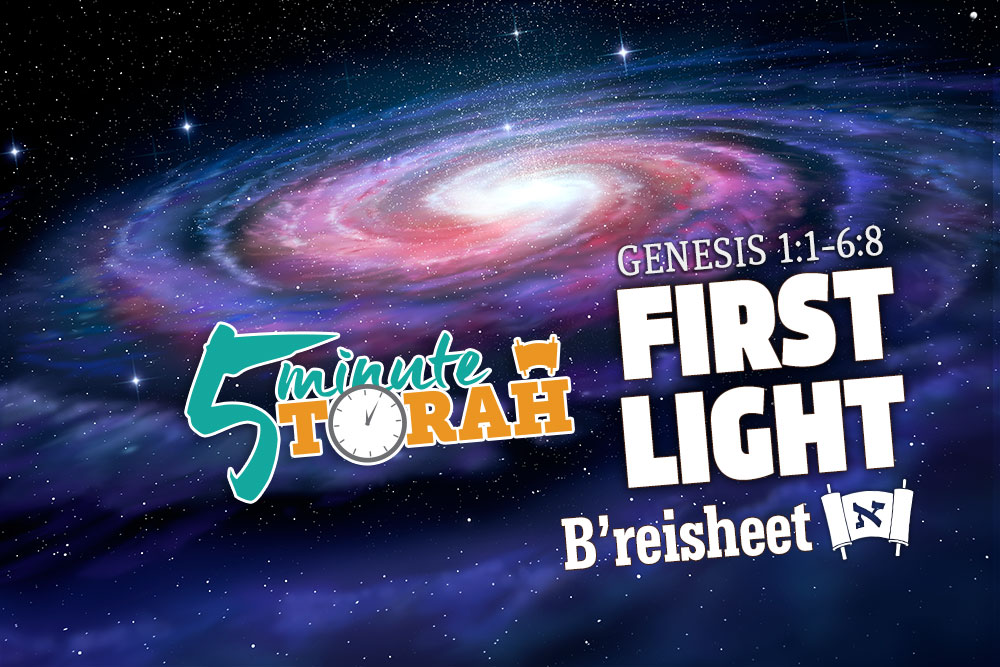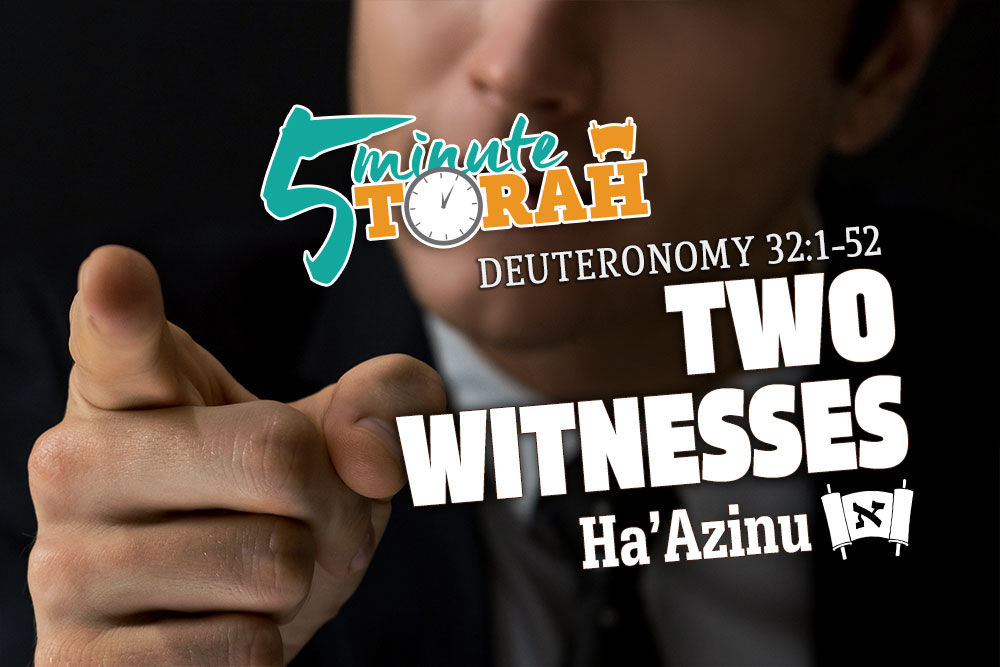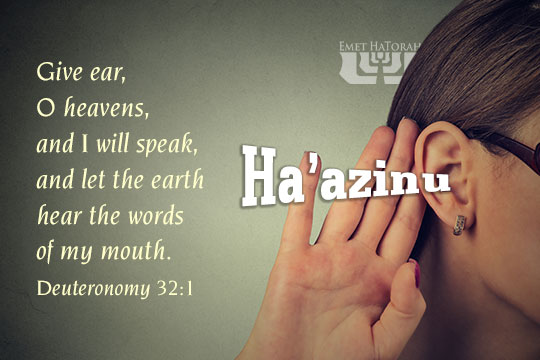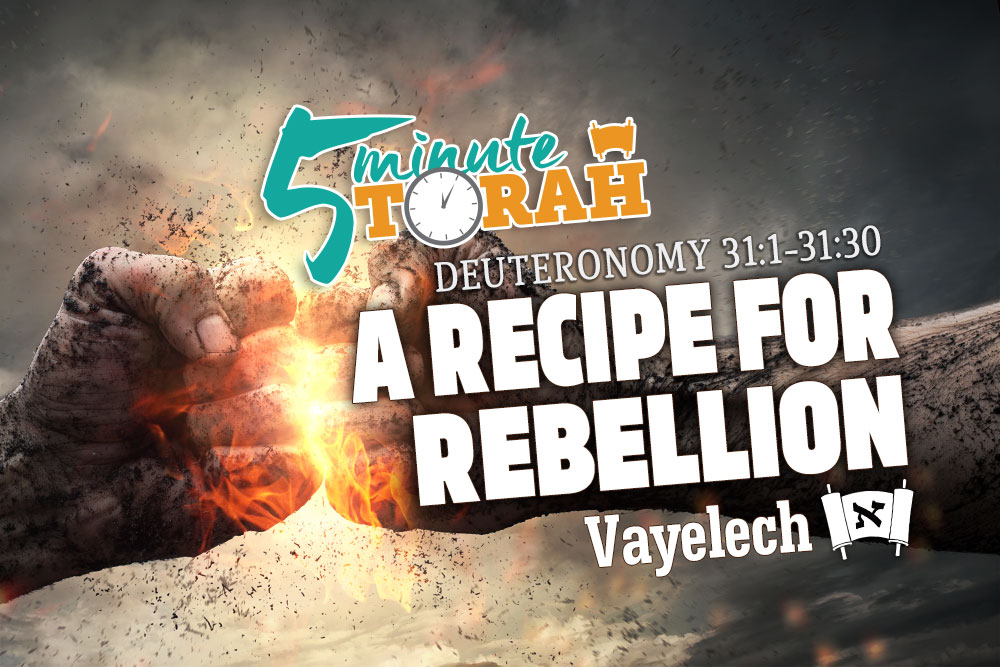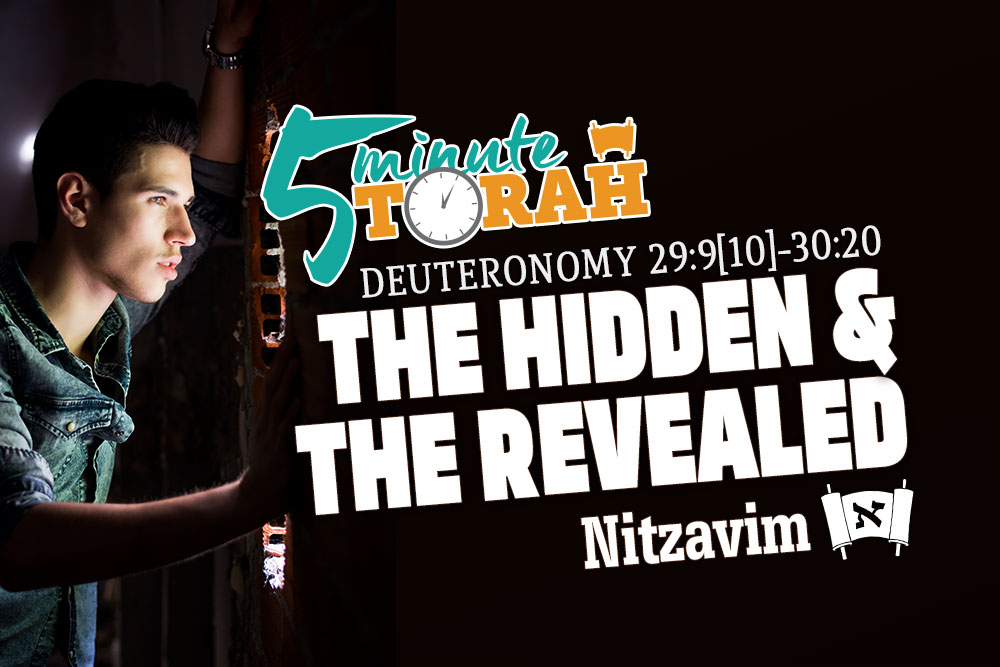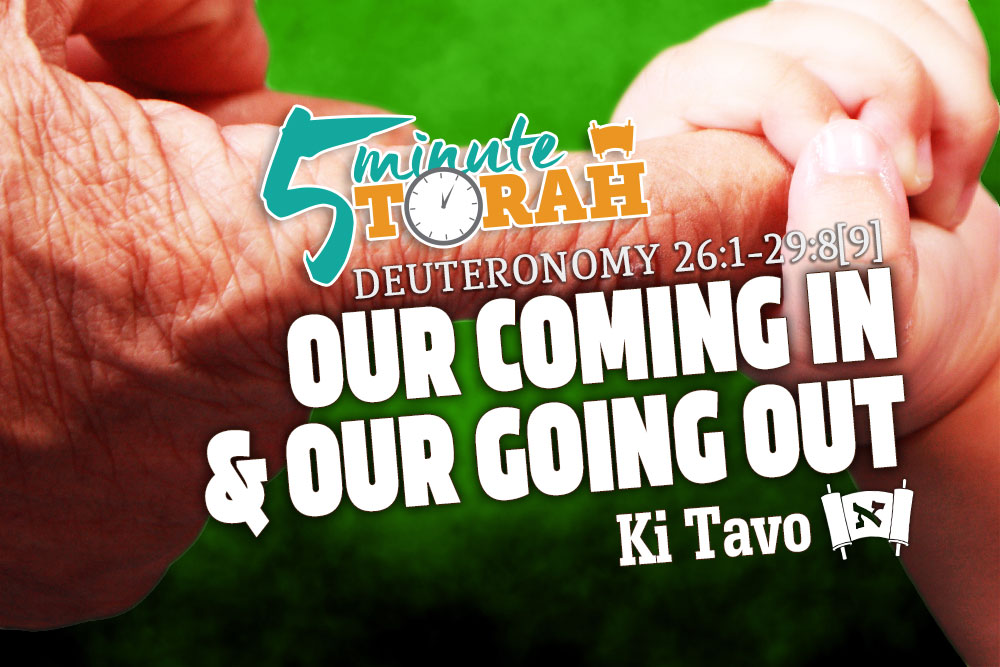Parashat B'reisheet (Genesis 1:1-6:8)
Parashat B’reisheet is always filled with fascination and intrigue whenever we study it. There are so many facets of the Creation account to explore that it would take a lifetime to begin unraveling them. For instance, on the first day of Creation, we read about the creation of light:
And God said, “Let there be light,” and there was light. And God saw that the light was good. And God separated the light from the darkness. God called the light Day, and the darkness he called Night. And there was evening and there was morning, the first day. (Genesis 1:3–5)

